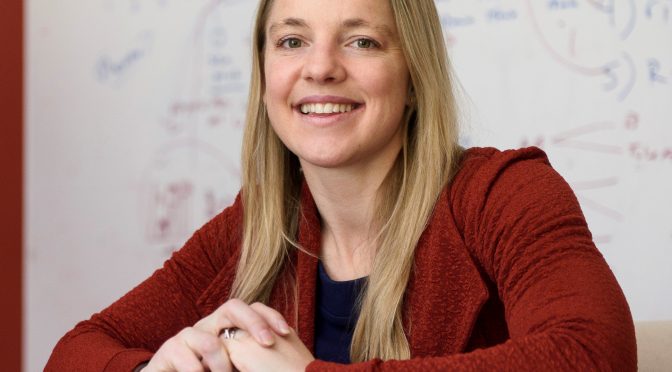
May 15, 2018 | OBSSR Director’s Webinar Presents: Linda K. Larkey, Ph.D., CRTT on Biopsychosocial effects of Meditative Movement (Qigong/Tai Chi) on breast cancer survivor’s fatigue and other symptoms.
Time: 2:00 p.m. to 3:00 p.m. (ET)
Register: Register for this online only event.
Linda K. Larkey, Ph.D., CRTT, has a notable funded research record in multiple intervention approaches to promote cancer screenings in multiple clinic and community settings. Her more recently NIH-funded projects explore the biopsychosocial effects of Tai Chi Easy/Qigong on breast cancer survivor’s fatigue, cognitive function and other symptoms. Biomarker assessments include cortisol, inflammatory cytokines complemented with self-report and objective performance and cognitive function measures. Dr. Larkey’s more recent and current work nicely models OBSSR-desired grantspersonship and researcher behavior. Larkey is professor in Arizona State University’s College of Nursing and Health Innovation and adjunct faculty with Mayo Clinic, Scottsdale, AZ. Dr. Larkey will review the broader evidence (from her own work and others’) on Meditative Movement (MM) effects on cancer survivorship, supporting the goals of her research underway in breast cancer survivors. Extended models proposing various biomolecular and neurophysiological markers as mechanisms of effects on physical and emotional symptoms, cognitive function and body composition outcomes will be discussed.





